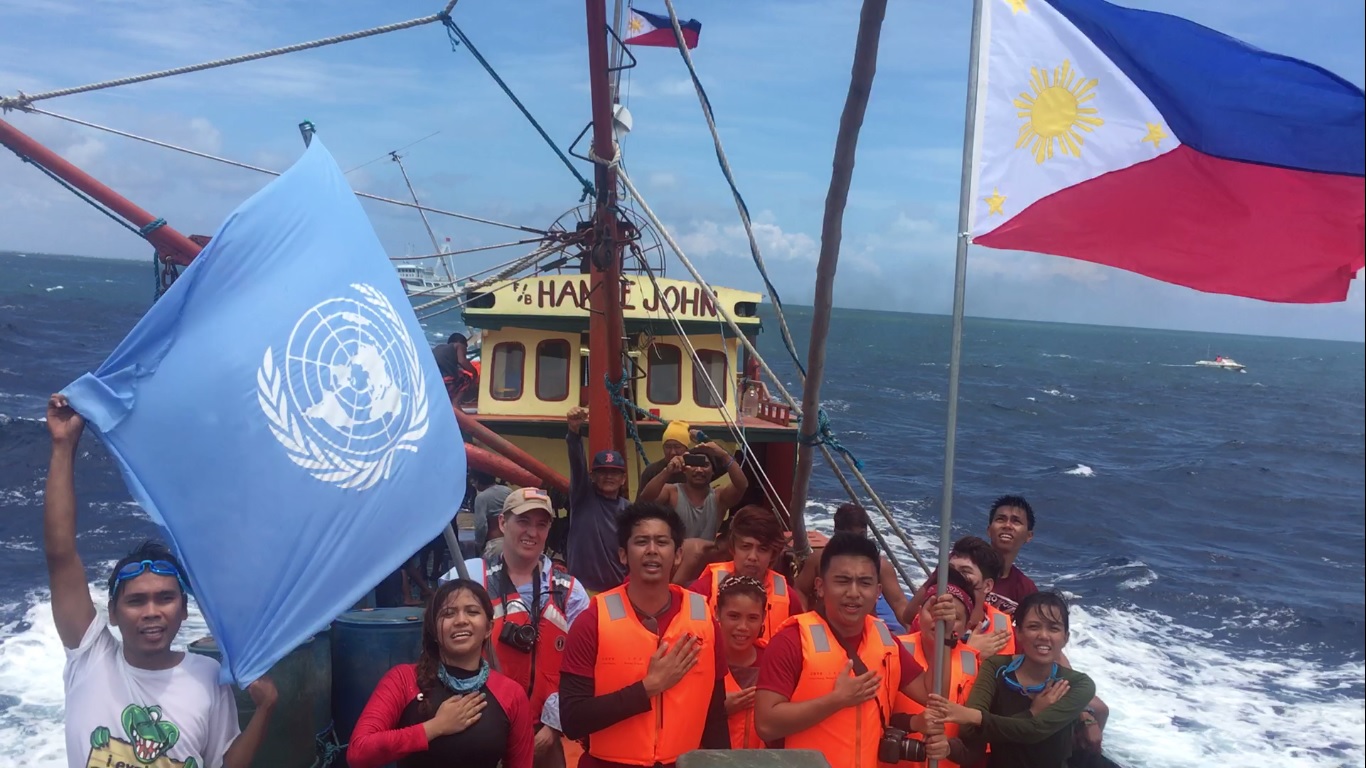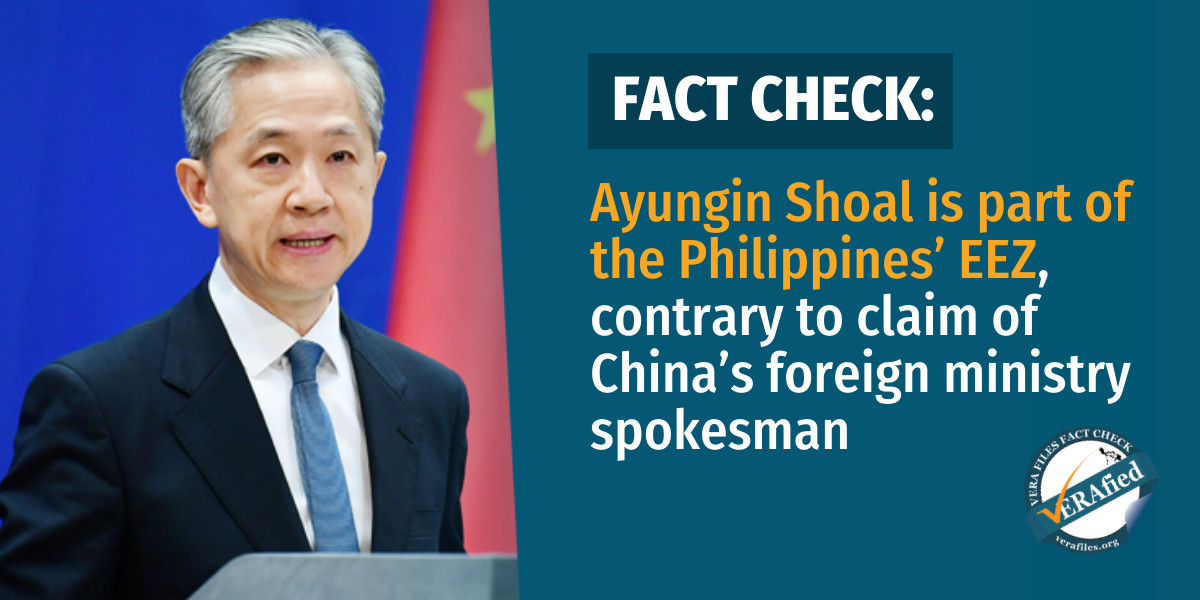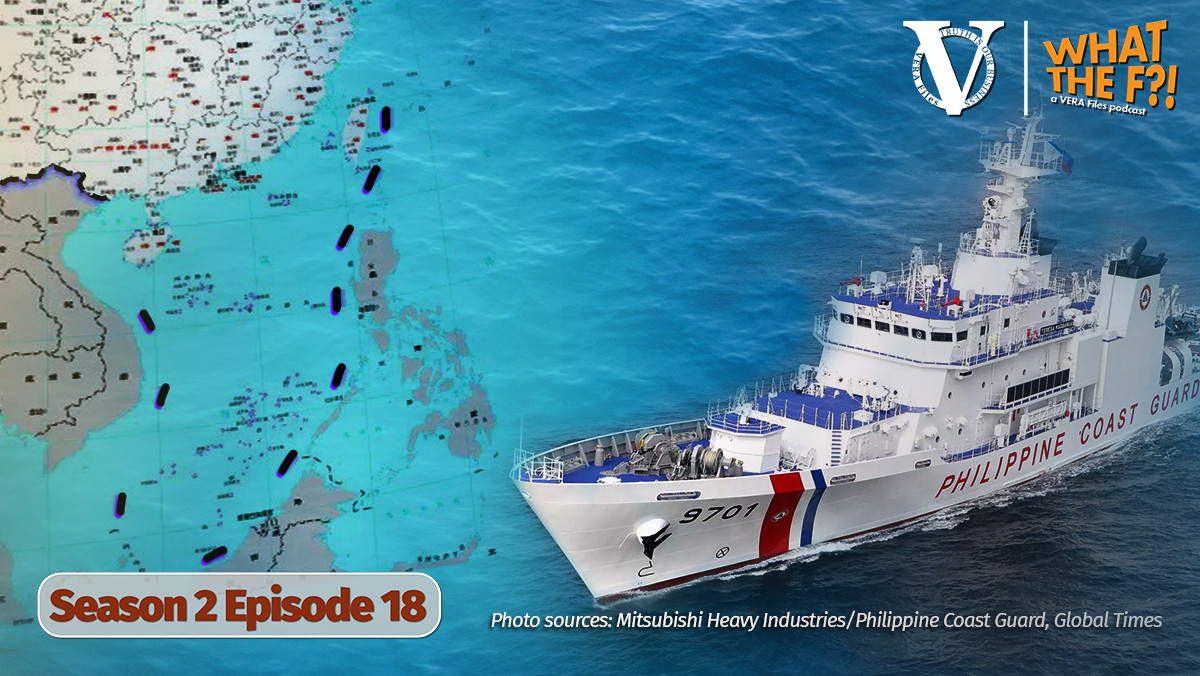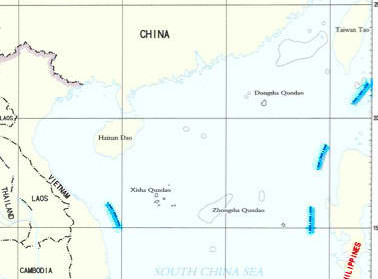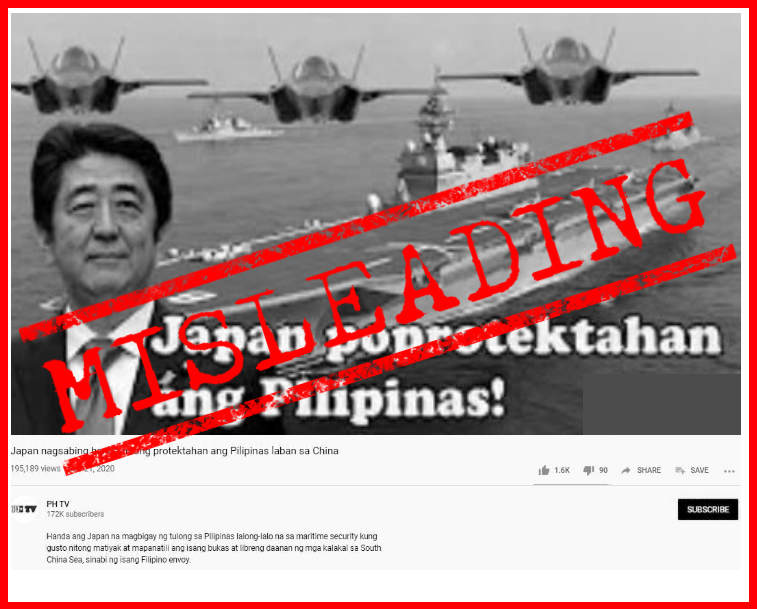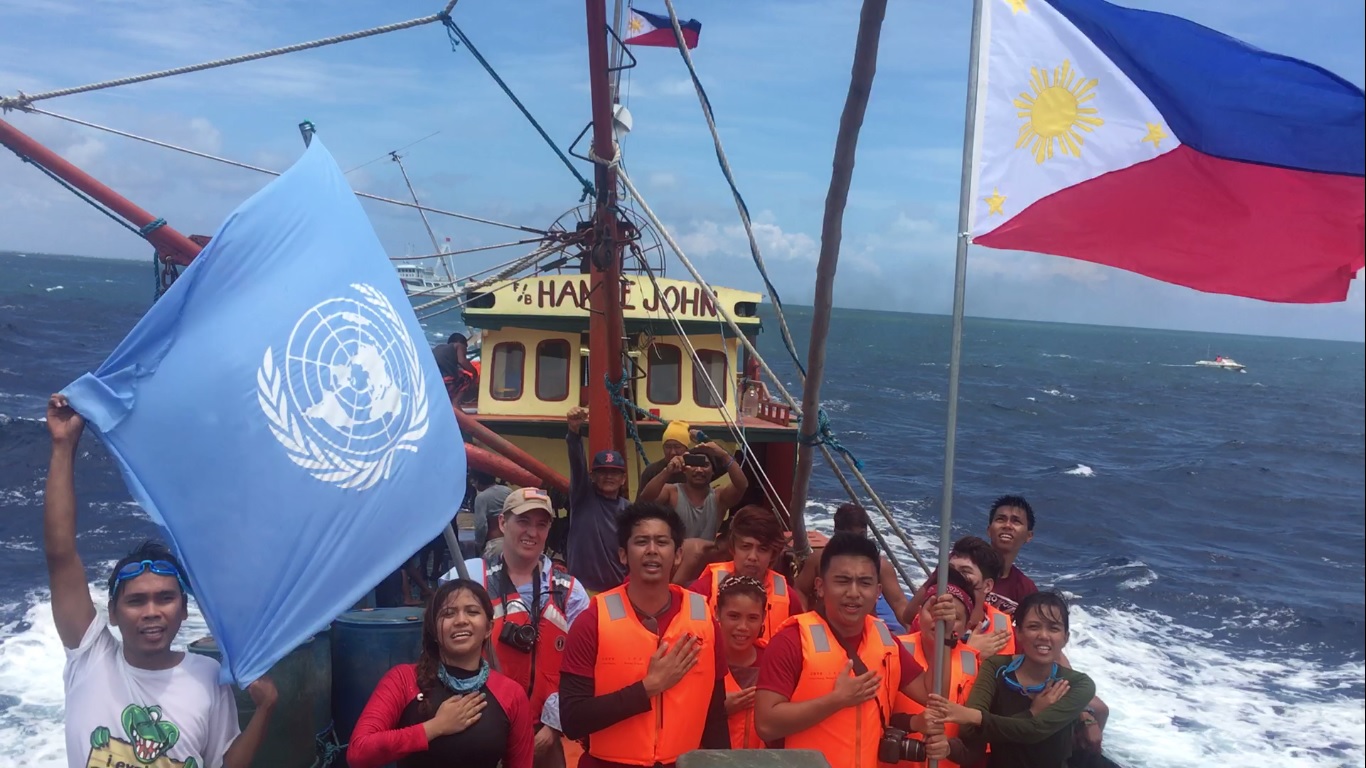
By BRYAN EZRA GONZALES
WEEKS before a ruling is expected on the arbitration case of the Philippines at The Hague, a senator is urging the youth to pressure the government to boost the country’s defense capabilities.
“This century will not be a peaceful century,” Senate Minority Floor Leader Juan Ponce Enrile said, referring to escalating tensions in the region and elsewhere, during the Manila Defense and Security Symposium on June 17.
The country is awaiting the decision of the tribunal of the Permanent Court of Arbitration on the legality of China’s nine-dash line claim over the South China Sea.
But despite high hopes that the court will rule in favor of the country, top Philippine officials like Enrile are expressing concerns on the country’s capacity to assist in enforcing the decision.
Supreme Court Senior Associate Justice Antonio Carpio, who delivered a lecture during the forum, said the tribunal does not have a “world police” mandated to enforce its decisions.
Should it strike down China’s nine-dash line, Carpio said enforcing the ruling would rest on naval powers because the demarcation encompasses high seas and the exclusive economic zones of several Southeast Asian countries.
Encroachment of high seas and EEZs is prohibited under the United Nations Convention on the Law of the Sea.
High seas are masses of saltwater located beyond any national jurisdiction. EEZs are sea zones extending 200 nautical miles from the coastal state, giving claimants special rights over the exploration and exploitation of resources within the zone.
“They will be enforcing that portion [of the ruling],” Carpio said. “So China will be fighting all the naval powers of the world.”
China is expected to reject the ruling as it claims almost the entire South China Sea. The disputed area is believed to have huge deposits of gas and oil and gas, and through which about $5 trillion in trade passes each year.
Carpio had earlier said should the tribunal not rule on the validity of the nine-dash line, the worst-case scenario for the Philippines, tensions will further escalate, with China acquiring more warplanes and warships to defend its territories.
While it is impossible for the Philippines to defeat China in an armed confrontation, Carpio said the country only needs to make it difficult for Chinese forces to encroach Philippine waters.
Carpio said Vietnam, which is one of the claimants, now has the capacity to sink Chinese aircraft carriers should fighting erupt on its maritime zone.
“In other words, it’s costly [for China] and that’s enough,” he said.
Defending territories
President Benigno Aquino III announced in his speech during the 80th anniversary of the Armed Forces of the Philippines last December that the government will be spending around P84 billion until 2017 in completing his program for the modernization of the armed forces.
Despite these acquisitions, Enrile lamented the slow pace of military modernization in previous administrations, arguing that the government should divert its funding for conditional cash transfers to protecting the country.
Enrile argued only Filipinos can defend the country from external threats.
The country should not depend on the Mutual Defense Treaty, he added, since there is no binding commitment on the part of the US to come to our aid immediately, even if there is a trigger event that will call for the activation of the Mutual Defense Treaty.
“Even if there is an incident that is covered by that treaty, it still has to be approved by the Congress of the United States, according to constitutional processes,” Enrile said.
Unless the attack was aimed at a Philippine or US vessel or aircraft, he added, the Mutual Defense Treaty will not apply, since US authorities do not consider Philippine claims in the South China Sea as covered in the said agreement.
In his visit to Manila last April, US Secretary of Defense Ashton Carter said Philippine and US forces have commenced joint maritime patrols in the South China Sea last March as result of ministerial talks held in Washington last January.
Carter said a contingent of US aircraft, along with around 200 aircraft personnel, will be stationed at the Clark Airbase to “conduct joint training, conduct flight operations in the area, including the South China Sea, and lay the foundation for joint air patrols to complement ongoing maritime patrols.”
Carpio also said the construction of Chinese on disputed islands and lagoons in the South China Sea is part of a strategy to secure a channel for China’s nuclear submarines to reach the Pacific Ocean.
These submarines, Carpio said, have an estimated range of around 7,500 kilometers.
“Their submarines would have to exit through the Bashi Channel and fire their missiles in the mid-Pacific to reach the entire continental USA,” he added, referring to waterway between the Batanes Islands and Taiwan.
He added China also hopes to secure the fishing grounds and petroleum reserves of the South China Sea.
Around 80 percent of the Philippines’ EEZ and its entire extended continental shelf are at stake in the South China Sea dispute, Carpio said.
Call for national unity
“Ang saklap isipin na sa sarili mong karagatan, di ka pwedeng mangisda, na sarili mong karagatan, ikaw ay tinataboy (It’s sad to think about it, that you can’t fish in your own waters, that you are being driven away from your own sea),” said Atty. Vera Joy Ban-eg, one of the convenors of the volunteer movement Kalayaan Atin Ito.
The group was the first of five youth activists to go to the disputed waters surrounding Scarborough Shoal in an attempt to plant the flags of the Philippines and United Nations in the area during its Independence Day voyage last June.
Two speedboats, followed by three other seacrafts belonging to the Chinese Coast Guard, rushed to the scene and tried to fend them off by using their propellers to splash water at the activists.
One of activists was just an arm’s length away from the propellers and could have easily been killed, said Anders Corr, one of the 15 activists who sailed to the disputed waters.
A resident of New York and a member of the pro-peace organization Sea Access by International Law, Corr was the only foreigner joining the June 12 voyage, a “continuation” of Marine Capt. Nicanor Faeldon’s attempt to hold a protest on the shoal back in May 2012.
“They really risked their lives [for their cause],” he said, commending the group’s bravery throughout the four-hour standoff.
Chinese Foreign Ministry spokesperson Lu Kang called the move “an affront” to China’s sovereignty and urged the Philippines “to respect China’s territorial sovereignty and not take any provocative actions.”
Ban-eg is urging the new administration to unite the Filipino people by spreading information on China’s encroachments.
“Hangga’t di malinaw sa sambayanang Pilipino na tayo ay nasakop na, hindi tayo magkakaisa (Until it is clear to Filipinos that we have been invaded, we will never be united),” she said.
(The author is a University of the Philippines student writing for VERA Files as part of his internship.)
